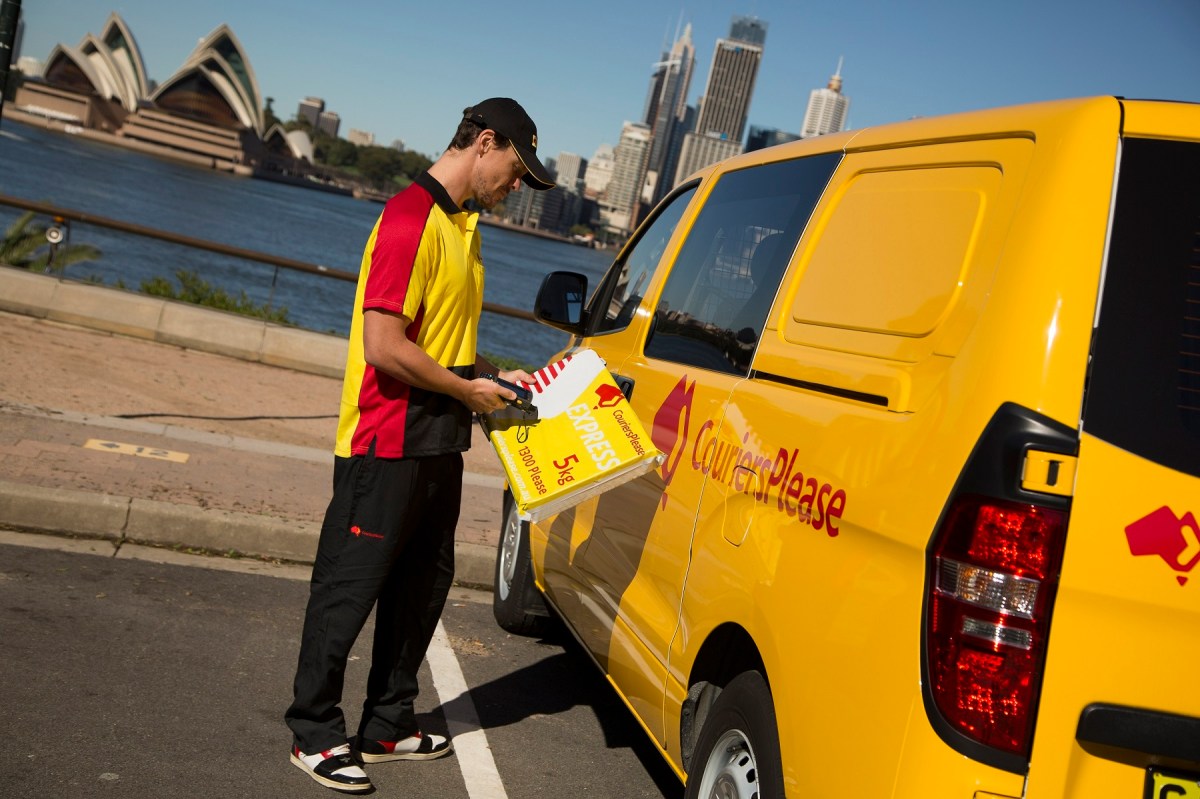As the Christmas period draws closer, and the last-minute online shopping blitz set to boom, retailers can save money on courier costs by following a few simple tips.
RetailBiz spoke to CouriersPlease chief commercial officer, Paul Roper, to get the inside track on where extra charges can spring up, and how to ensure your goods arrive on time with your customers. He points out that the three most important factors that decide shipping costs are geographical delivery spread, weight of shipments and dispatch locations.
Roper tells RetailBiz, “Retailers can lose money if they package goods incorrectly. The cost to ship goods is determined by a parcel’s volumetric weight, which is calculated based on the length, width, and height of the parcel, rather than being determined by the weight alone. Shipping small items in large, voluminous boxes will ultimately cost more than using a small satchel or box.
“Retailers should also be aware of potential fuel surcharges. Most couriers charge fuel fees for retailers shipping to interstate locations.”
As for covering for potential misdeliveries, Roper notes that retailers could also consider partnering with couriers that offer insurance cover, and that if a courier partner offers insurance as an additional cost, retailers can consider asking customers to opt into a small additional fee for insurance cover.
“I also recommend retailers partner with a courier that offers additional security measures. Many couriers, including CP, allow retailers to offer signature on delivery for high-value items, while offering delivery to a collection location, such as a petrol station, pharmacy or convenience store, can also help safeguard orders.
“For added security, CP drivers also take a photo of the delivery on their scanners for ‘authority to leave’ orders. These additional measures can reduce risk of theft and costs for the retailer to replace items,” Roper says.
Ropers seven tips include:
- Consider having deliveries picked up in bulk or drop-shipped to your courier company.
There are three options retailers can take when organising a delivery through their carrier: driver pick up for low volume shipments, bulk pick-ups for larger volumes or drop-shipping to the courier’s depot using either pallets or ULDs (Unit Loading Devices, such as parcel cages).
- Reduce the use of large boxes where possible. Retailers can save money by packing orders more compactly in smaller boxes or, even better, satchels. The cost to ship goods is determined by its volumetric weight, whereby weight is calculated based on the length, width and height of the parcel. For example, shipping small items in a large, volumetric box is ultimately more costly than a small satchel or box.
- Large retailers could utilise ‘cross-docking’. Negotiated at the courier contract development stage, retailers can reduce costs by pre-sorting their parcels by state, allowing their carrier to cross-dock the shipments through their main distribution centres. This reduces costs, minimises double handling and facilitates faster delivery times.
- Partner with couriers that offer inclusive insurance cover. Retailers can avoid costs to replace lost or damaged goods in transit by accessing inclusive insurance cover from their courier partner. If a retailer’s courier partner doesn’t offer this insurance, the retailer could consider asking customers to opt into a small additional fee on orders for insurance cover.
- Be aware of fuel surcharges. When petrol prices rise, it is common for courier companies to add fuel surcharges to their retailer invoices.
- Pack items densely to minimise costs of replacing damaged goods. Packing orders densely and safely will help retailers reduce costs down the track. Retailers could consider training warehouse staff to sensibly pack fragile items in dense boxes, to ensure there’s no air or movement in transit. This will result in less damaged goods, helping retailers avoid the cost to replace items.
- Send high-value orders more securely. It is important for retailers that offer high-value goods to partner with a courier that offers options to safeguard deliveries. Many couriers allow retailers shipping high value items to offer signature on delivery. Look for a courier that can deliver parcels to a secure collection location, such as a petrol station, pharmacy or convenience store, as an alternative.

